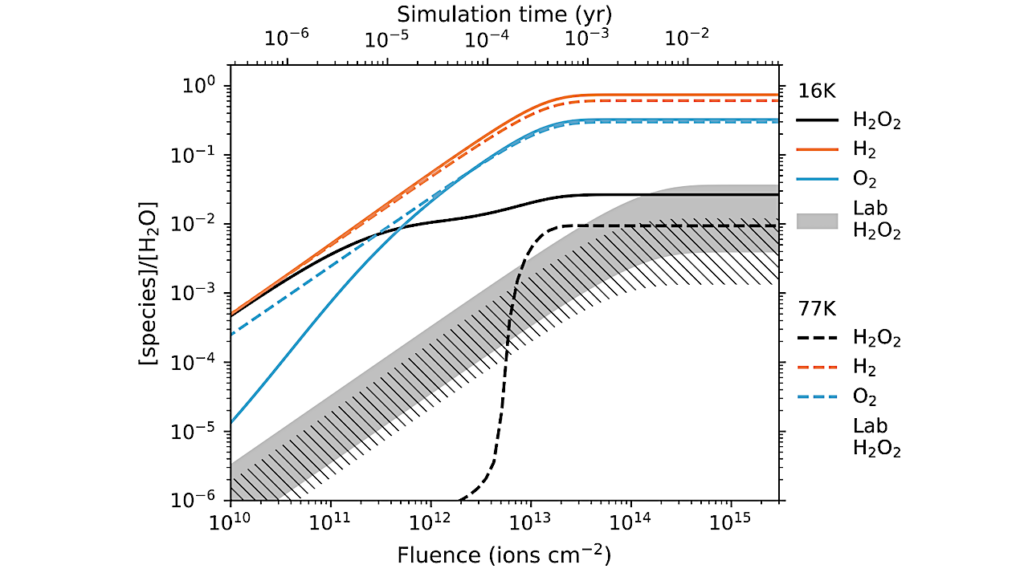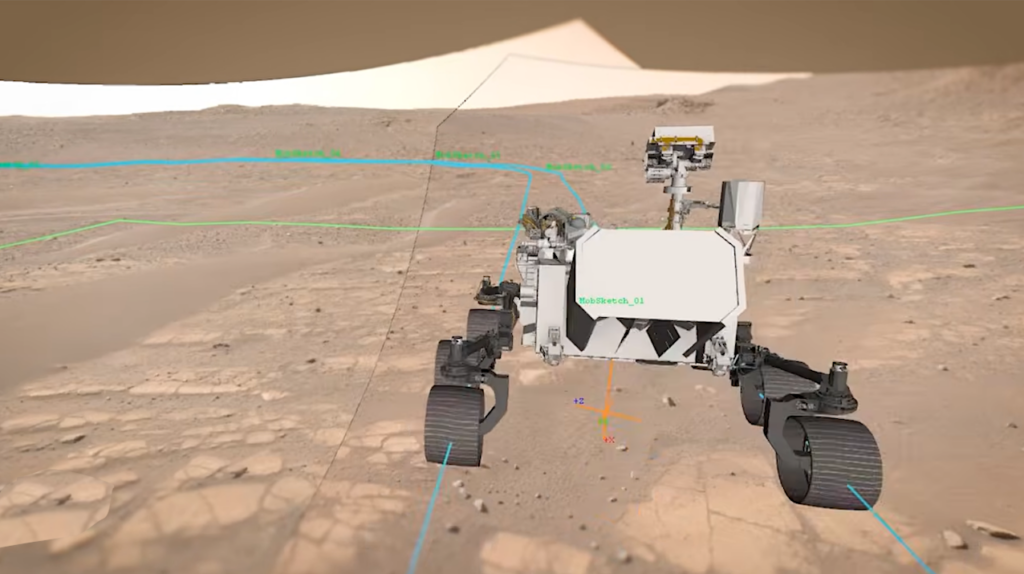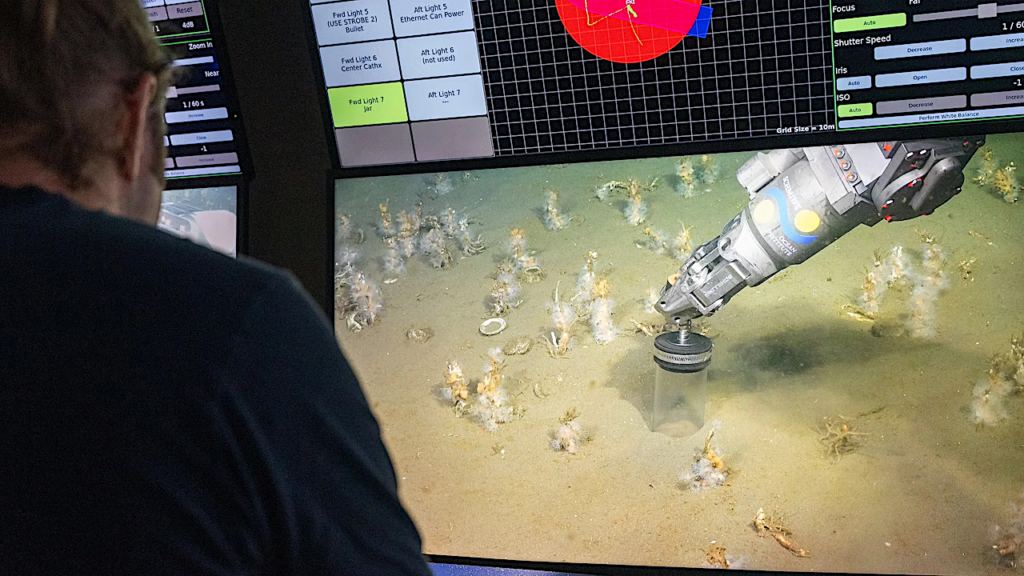Planetary Weather Modeling Advance: GenCast Predicts Earth’s Weather With State-of-the-art Accuracy

Editor’s note: We should all stop every once in a while and remember that Earth – our home world – is a planet too. We have the benefit of living on this world so it is easiest to study if from the surface or from space. The questions we ask about how our planet’s ecosystems, climate, weather, etc. work now – and over time – are the same things we want to know about the other worlds in our solar system.
And then there are all those worlds we are discovering that circle other suns. The tools we develop to observe Earth and process the data so as to derive knowledge will ket us develop tools to gain the same knowledge from other worlds. In essence, Earth is a proving ground for future expeditions to other worlds.
Advanced AI systems that model and predict Earth’s weather – such as Google’s GenCast – offer a tantalizing look at the tools we might have as we arrive at new worlds. Oh yes – as we study these other worlds we get to see more than one example of a planet and how various factors affect it. As we see the climate of our home changing – fast – the more we know, the better equipped we will be to adapt.
Its is all interrelated. We study Earth to understand other worlds and we study other worlds to better understand Earth.
New AI model advances the prediction of weather uncertainties and risks, delivering faster, more accurate forecasts up to 15 days ahead
Weather impacts all of us — shaping our decisions, our safety, and our way of life. As climate change drives more extreme weather events, accurate and trustworthy forecasts are more essential than ever. Yet, weather cannot be predicted perfectly, and forecasts are especially uncertain beyond a few days.
Because a perfect weather forecast is not possible, scientists and weather agencies use probabilistic ensemble forecasts, where the model predicts a range of likely weather scenarios.
Such ensemble forecasts are more useful than relying on a single forecast, as they provide decision makers with a fuller picture of possible weather conditions in the coming days and weeks and how likely each scenario is.
Today, in a paper published in Nature [OPEN ACCESS], we present GenCast, our new high resolution (0.25°) AI ensemble model. GenCast provides better forecasts of both day-to-day weather and extreme events than the top operational system, the European Centre for Medium-Range Weather Forecasts’ (ECMWF) ENS, up to 15 days in advance.
We’ll be releasing our model’s code, weights, and forecasts, to support the wider weather forecasting community.
Astrobiology








